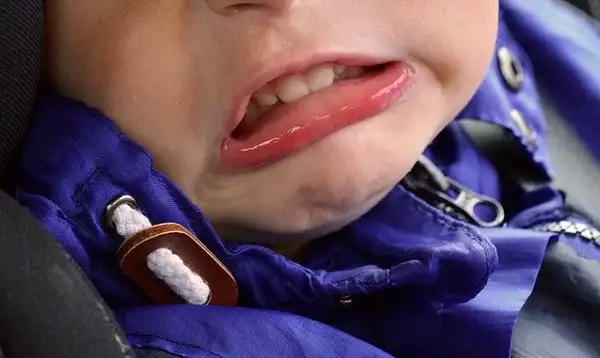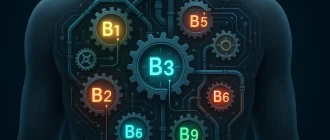Nonetheless, due to the significant role vitamin D plays in a child’s health, it is crucial to detect any deficiency early on. We all desire for our baby to have robust bones and a strong immune system, and the ability to absorb calcium is directly linked to the presence of vitamin D in their body.
1. Bone Pain and Weakness
Bone weakness or pain can serve as an early sign of insufficient vitamin D levels in babies. This is exemplified by a common condition called Rickets, which tends to make bones soft and feeble, frequently leading to deformities like bowed legs or knock knees.
2. Delayed Growth and Development
Research has revealed that a lack of vitamin D can lead to postponed attainment of growth or developmental goals. Sluggish progression in stature and hindered growth can be a significant indication.
3. Frequent Illness or Infections
Children who lack vitamin D may also have a weakened immune system, which can hinder or delay their recovery from illnesses such as the common cold or the flu.
4. Chronic Fatigue
Unexplained tiredness can also indicate a vitamin D deficiency. It occurs due to the vital role Vitamin D plays in energy production.
5. Depression or Low Mood
Vitamin D influences the production of serotonin, a key hormone that stabilizes mood. Hence, deficit in this vitamin may manifest as melancholy or depression.
6. Poor Wound Healing
In some cases, slow healing of wounds or other skin conditions can be an early clue to vitamin D deficiency. Vitamin D plays a key role in controlling inflammation and fighting infection.
The following table provides a brief overview of the symptoms:
| Symptoms | Description |
|---|---|
| Bone Pain | Soft, weak bones or bone deformities |
| Delayed Growth | Slow growth in height and impaired growth |
| Frequent Illness | Increased susceptibility to infections |
| Fatigue | Unexplained tiredness |
| Low Mood | Depression or mood swings |
| Slow Wound Heal | Poor wound healing |
In conclusion, Vitamin D deficiency, if left unnoticed and untreated, can have significant implications on a child’s growth and development. It’s vital to identify these early signs and seek medical help promptly to prevent long-term health problems.
About the Author
Reyus Mammadli is the author of this health blog since 2008. With a background in medical and biotechnical devices, he has over 15 years of experience working with medical literature and expert guidelines from WHO, CDC, Mayo Clinic, and others. His goal is to present clear, accurate health information for everyday readers — not as a substitute for medical advice.







